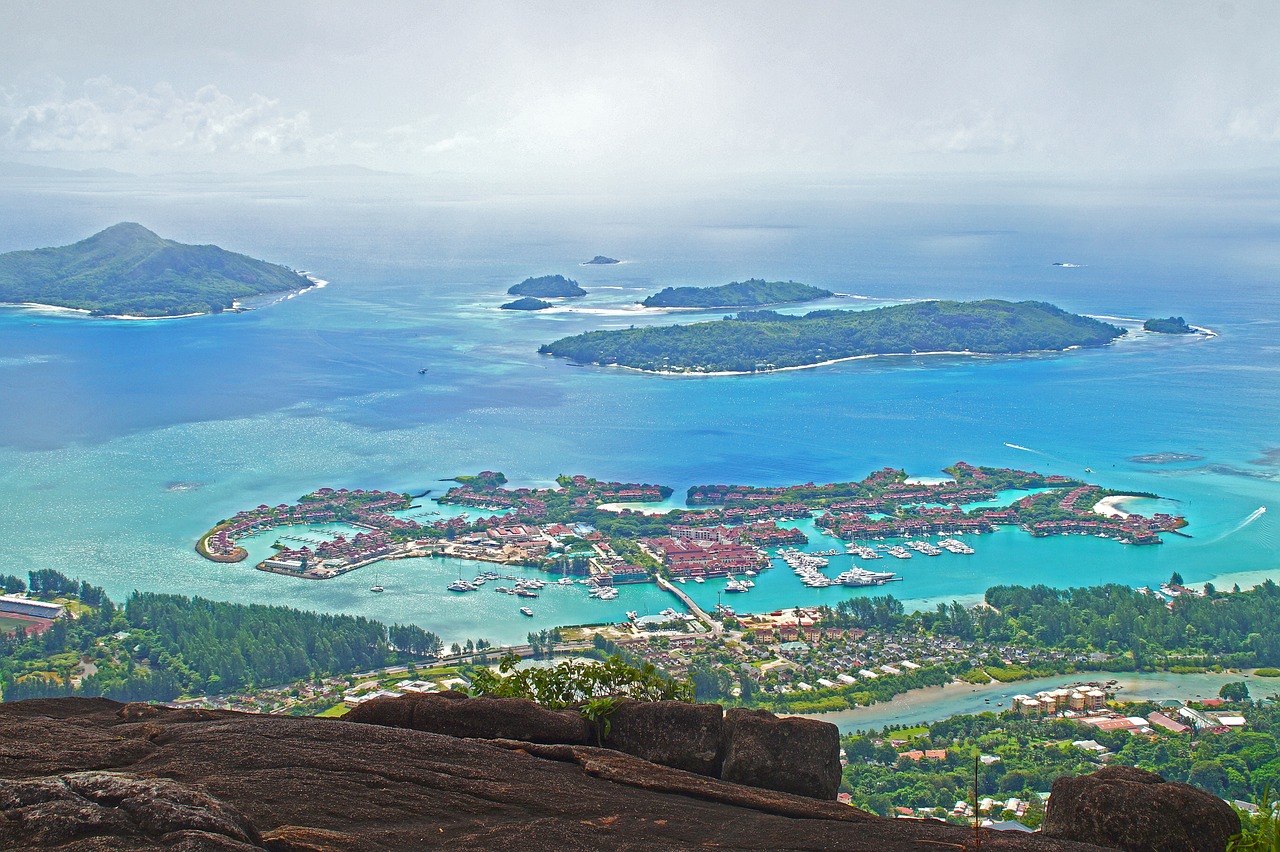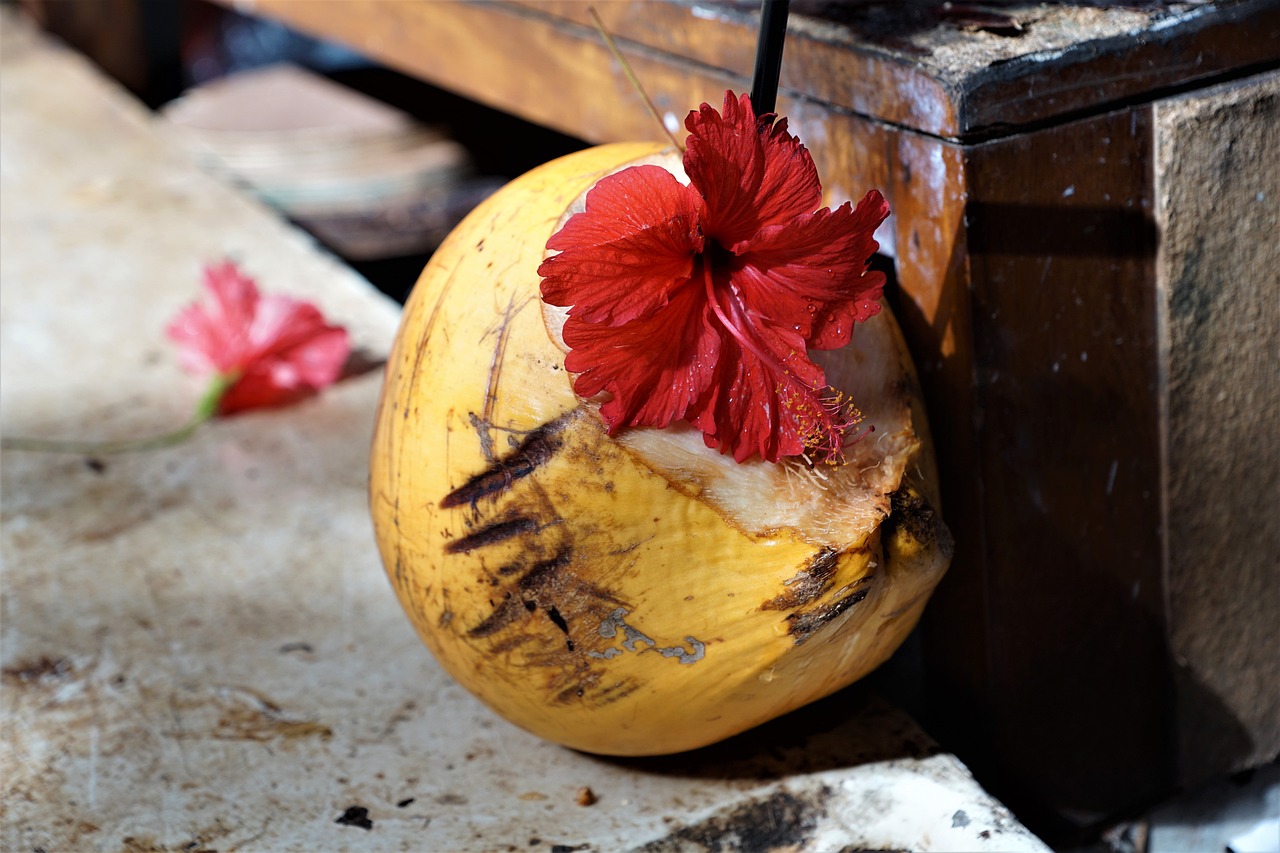Seychelles Video
Cultural Sensitivities: Understanding Local Norms in Seychelles
Seychelles is an archipelago located in the Indian Ocean, known for its stunning beaches, diverse wildlife, and vibrant culture. When visiting Seychelles, it is essential to understand and respect the local norms and cultural sensitivities in order to have a meaningful and enjoyable experience. This article will provide an in-depth exploration of the various cultural sensitivities in Seychelles, allowing visitors to navigate the local customs and traditions with ease.
Language and Greetings
- Creole as the Local Language: Creole is the most widely spoken language in Seychelles. While English and French are also spoken, learning a few basic Creole phrases can go a long way in building rapport with the locals.
- Formal Greetings: When meeting someone for the first time, it is customary to greet them with a handshake and a warm smile. Addressing people with “Monsieur” for men and “Madame” for women is considered polite.
- Respecting Elders: In Seychellois culture, respecting elders is highly valued. It is customary to address older individuals with titles such as “Ti Gran” for grandmothers and “Ti Papa” for grandfathers, as a sign of respect.
Religion and Spirituality
- Christianity as the Predominant Religion: The majority of Seychellois practice Christianity, with Roman Catholicism being the dominant denomination. Visitors should be mindful of religious sites and dress modestly when visiting churches.
- Respecting Places of Worship: When visiting temples or mosques, it is important to remove shoes before entering and dress modestly out of respect for the religious practices and beliefs of the local community.
- Traditional Beliefs: Seychelles also has a rich history of traditional beliefs and practices. It is important to approach these with an open mind and respect the cultural significance they hold for the local population.
Food and Dining Etiquette
- Seafood Delicacies: Seychellois cuisine is heavily influenced by the abundance of seafood. Visitors should try local delicacies such as grilled fish, octopus curry, and shark chutney while being mindful of sustainable fishing practices.
- Eating with Hands: In Seychelles, it is common to eat certain dishes, especially those with rice or bread, with your hands. This practice is considered acceptable and part of the local dining culture.
- Sharing and Hospitality: Seychellois people are known for their warm hospitality. It is customary to share food and drinks with others, even if it means offering a portion of your own meal to a stranger.
Social Customs and Traditions
- Respecting Personal Space: While Seychellois people are generally warm and friendly, it is important to respect personal space. Avoid standing too close or touching someone without their consent.
- Conservative Dress: When exploring local communities or visiting public places, it is advised to dress modestly, particularly in rural areas. This shows respect for the local customs and traditions.
- Music and Dance: Music and dance are integral parts of Seychellois culture. Visitors are encouraged to participate in traditional dances like the “Moutya” and “Sega” as a way to immerse themselves in the local traditions.
Environmental Awareness
- Preserving the Natural Beauty: Seychelles is renowned for its pristine beaches and diverse ecosystems. Visitors should engage in responsible tourism practices, such as not littering and avoiding activities that may harm the environment.
- Protected Marine Areas: Seychelles is home to several marine protected areas. Visitors should respect the regulations in place, such as not touching or removing coral, to help preserve the delicate marine ecosystems.
- Endangered Species: Seychelles is home to unique species, some of which are endangered. Visitors should refrain from purchasing products made from endangered wildlife or participating in activities that exploit these species.
Celebrations and Festivals
- Carnaval International de Victoria: This annual carnival celebrates the diversity of cultures in Seychelles and includes vibrant parades, music, and dance performances. Visitors can join in the festivities and experience the true spirit of Seychellois culture.
- Lantern Festival: Held during the Chinese New Year, the Lantern Festival is a beautiful celebration that showcases Chinese culture. Visitors can witness the lighting of lanterns and enjoy traditional Chinese performances.
- Feast of Assumption: This religious festival held on August 15th is an important event in Seychelles. It involves processions, feasting, and various religious ceremonies, providing a unique insight into the local traditions.
Seychelles Image 1:

Local Arts and Crafts
- Creole Music and Instruments: Seychellois music is a vibrant blend of African, European, and Indian influences. Visitors can explore traditional instruments like the “Kanmtole” and “Zez” and attend live performances.
- Coconut Craftsmanship: Coconut-based crafts are an integral part of Seychellois culture. Visitors can watch local artisans create intricate products like woven baskets, coconut-shell jewelry, and decorative items.
- Paintings and Sculptures: Seychelles has a thriving art scene, with many talented artists producing stunning paintings and sculptures inspired by the natural beauty of the islands. Art galleries and local markets are great places to appreciate and purchase these artworks.
Traditional Clothing and Attire
- Women’s Traditional Dress: The traditional dress for Seychellois women is the “moutya dress,” a brightly colored garment adorned with intricate embroidery. It is often worn during cultural performances and special occasions.
- Men’s Traditional Attire: Men in Seychelles traditionally wear a shirt known as the “kurtah” along with loose-fitting trousers. This attire is commonly seen during traditional ceremonies and festivals.
- Beachwear and Swimwear: While beachwear and swimwear are acceptable on the beaches and resorts, it is advisable to dress modestly when away from the coastal areas to show respect for the local customs and traditions.
Seychelles Image 2:

Etiquette in Public Spaces
- Public Displays of Affection: Seychellois culture tends to be conservative, and public displays of affection should be avoided or kept to a minimum out of respect for the local customs.
- Photography Etiquette: When taking photos of individuals or religious sites, always ask for permission first. It is also polite to avoid photographing people without their consent, especially in more remote or private areas.
- Tipping and Bargaining: Tipping is not expected in Seychelles, as a service charge is often included in bills. However, small gestures of appreciation are always welcomed. Bargaining is not common practice, except in local markets where it may be more accepted.
Traditional Medicine and Healing Practices
- Herbal Remedies: Traditional medicine and healing practices have deep roots in Seychellois culture. Herbal remedies, such as teas and poultices made from local plants, are often used to treat common ailments.
- Healers and Traditional Practitioners: There are individuals in Seychelles who have knowledge and expertise in traditional healing practices. Visitors interested in exploring these practices should seek guidance from reputable sources and practitioners.
- Respecting Cultural Beliefs: While traditional medicine is an important part of Seychellois culture, it is essential to respect individual choices and beliefs regarding healthcare. Visitors should approach these practices with an open mind and without judgment.
Seychelles Image 3:

Conclusion
By understanding and respecting the cultural sensitivities in Seychelles, visitors can engage with the local community in a meaningful way and have a more enriching travel experience. From language and greetings to food and dining etiquette, social customs, environmental awareness, celebrations, arts and crafts, traditional clothing, public spaces, and traditional healing practices, embracing the cultural norms of Seychelles will foster mutual respect and appreciation. Remember to always approach different traditions and customs with an open mind and a willingness to learn.
References
- seychelles.travel
- lonelyplanet.com
- culturetrip.com
- seychellesnewsagency.com
- seychellesweekly.com
- seychellesmagazine.com
- seychellesnewsagency.com
- seychelles.travel


